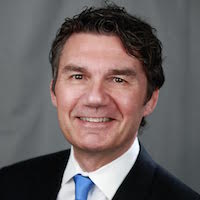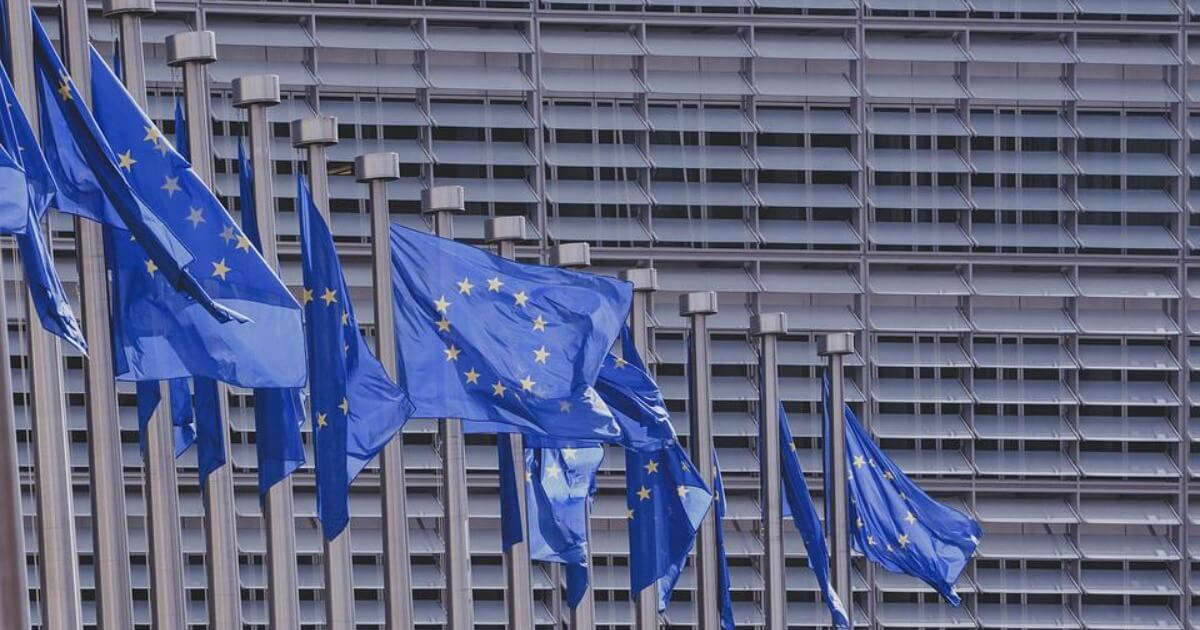A Different Post-Corona US?
When public life in small U.S. towns suddenly feels liberating, with almost a Mediterranean feel.
June 14, 2020

In the times of the Corona pandemic, many worry about a loss of civil liberties and how democratic governments may infinitely extend some limitations to constantly control our comings and goings. Some even worry about a “1984” nightmare-style oppression.
Venturing out again
And yet, in these sobering times my wife and I learned yesterday unexpectedly that there are also new freedoms that weren’t there before. They might sound mundane, but we might come to value them.
Yesterday was actually a milestone for my wife and I. Although stores and outside dining facilities had reopened in the town near us on May 20, we had agreed that we would not be early adopters.
Since my wife’s car was in the shop, I dropped her off and picked her up yesterday at her place of work. It was a gorgeous summer day, perfect for a stroll and a meal outside.
A different set of priorities for public spaces
So, in the evening we decided to walk along Greenwich Avenue, the central, fairly long street of the town lined with boutiques, shops and, of course, restaurants.
Well, since the reopening, major changes have occurred that could be replicated in the downtown areas of many small towns across the United States. Large blocs, where ever there are concentrations of restaurants, have been converted into pedestrian zones.
In other areas with less restaurant concentration, curbside parking in front of those restaurants has been suspended. The purposes? To make room for outside dining, the only dining permitted in social distancing.
Helping restaurants
As a result, the restaurants are spilling onto the street, especially in the new pedestrian zones.
This makes for a very lively scene. It was almost as if visiting a town at the Mediterranean during the good, old days.
Many people were waiting in the center of the road for a table, six feet apart, but with a glass of wine in hand. Now, this may sound like a “so what?” moment to Europeans.
Prohibited until yesterday
Not so to Americans. You see, prohibition still has lingering effects on everyday life in much of the country. Standing with a glass of wine outside of a restaurant is prohibited in most states and municipalities.
In many states, it is also prohibited to buy liquor in a restaurant and take it home with you. Alcohol is sold in liquor stores only and any leftover wine in a restaurant must remain there.
The net effect of that prohibitive, supposedly precautionary practice was that people are actually induced to drink the last drop of wine before getting into the car and driving home.
Perversely, authorities thus effectively discard the far more valuable goal of preventing drunk driving in order to keep the remnants of prohibition in place.
But even this has changed now. These rules have been lifted for restaurants in New York state and a law is being considered to make these temporary changes permanent.
Reining in the car dictatorship?
Going back to the town of Greenwich, in pre-pandemic times a rather authoritarian traffic police officer would rule the center of each intersection.
Even without cars coming your way, as a pedestrian crossing the street you would get a stern lecture if you had not been given the “green light” by the man in the center.
These traffic police officers are gone now. No need for them, with several blocs shut down.
Libération comes to America
All of this simply felt liberating. It felt like being in a different country. There was a whiff of freedom at a time when we are deprived of many.
I for one hope that the “people over cars movement” spreads to as many densely populated areas so that we can mingle, hang out and celebrate life hopefully soon, without masks and closeup.
Takeaways
As the country begins to reopen, public life in small US towns suddenly feels liberating – with almost a Mediterranean feel.
Being able to stand with a glass of wine outside of a restaurant is taken for granted in Europe. Not so in the US. It is prohibited in most states, until now.
Social distancing has given us a different set of priorities for public spaces.
I hope that the “people over cars movement” spreads to many areas of the US so that we can celebrate life soon -- without masks and closeup.


